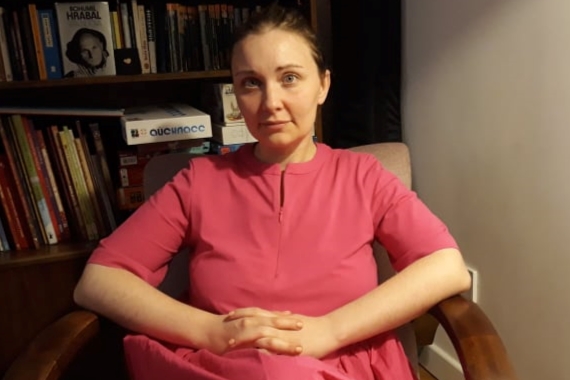
by Helen Womack | 30 Mar 2022 | Conflict, Europe, Eyewitness, Immigration, Refugees, Ukraine
Ukrainian refugees come to Anastasia in Hungary for a night or two before moving on. This Russian is helping refugees while war rages at home. Anastasia at home in Budapest, Hungary (photo by Helen Womack) Anastasia’s phone is constantly ringing. She is at the heart...
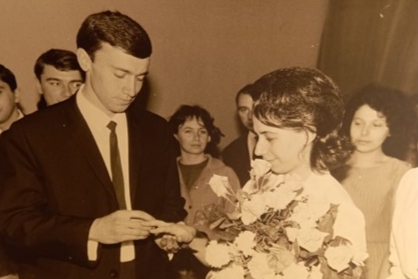
by Theodor M. A. Davidoff | 24 Mar 2022 | Discovery, Europe, Identity, Personal Reflections, Politics, Realgymnasium Rämibühl Zürich, Student Posts, Youth Voices
My grandmother has spent her entire life in Georgia. The Soviet Union was not all bad, she said, but Georgia’s dawning independence was beautiful. My grandfather and grandmother, Ellen Bagdasarian Davidova, getting married in 1967 “My name is Ellen Davidova,...
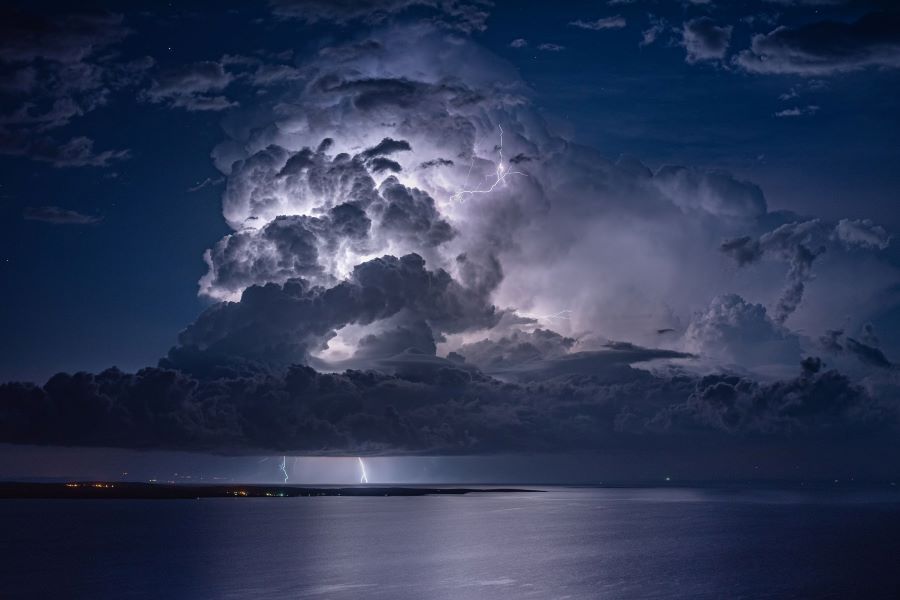
by Tira Shubart | 23 Mar 2022 | Climate change, Environment, Technology, World
Poor nations are hardest hit by extreme weather, but they can lack resources to produce forecasts that can save lives. Now something is being done. (Courtesy of the World Meteorological Organization/Sandro Puncet – Croatia) The science of meteorology focuses on...
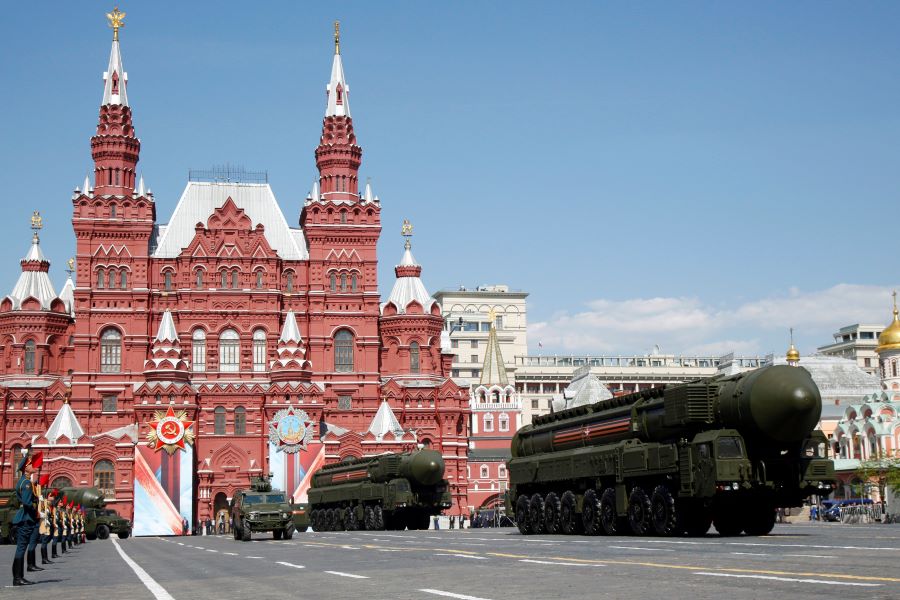
by Harvey Morris | 22 Mar 2022 | Conflict, Decoders, Educators' Catalog, Ukraine, World
Three decades after the collapse of the Soviet Union, Russia’s invasion of Ukraine has revived dormant fears of a catastrophic nuclear war. Russian missile launchers, capable of firing nuclear warheads, in Red Square in Moscow, Russia, 9 May 2016 (AP...
The world’s optimists thought the era of Mutually Assured Destruction was over with the collapse of the Soviet Union, but Russia’s invasion of Ukraine has stirred fears of nuclear war – anxieties that many young people around the world have never experienced. Harvey Morris takes a horrific topic – what he calls “a suicide pact between the superpowers” – and examines the irony of the nuclear age: that to ensure there would be no nuclear war, the United States and the Soviet Union both had to have weapons of mass destruction. He offers a highly readable introduction to the harsh realities of the nuclear age – realities that all generations are compelled to live with.
Exercise: Ask your students to debate the resolution: “The best way to ensure there will never be nuclear war is to ensure adversaries have recourse to nuclear weapons.”
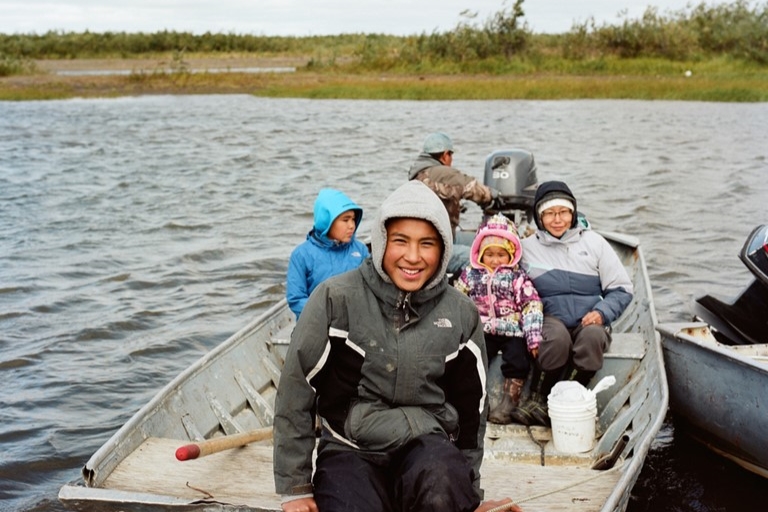
by Susanne Courtney | 11 Mar 2022 | Climate change, Educators' Catalog, Environment, Politics, Ukraine, World
The Arctic has long been a region of peace. Russia’s invasion of Ukraine is jeopardizing cooperation in the vast zone threatened by climate change. An Inuit family in Quinhagak, Alaska, 2015 (Photo by Brian Adams, courtesy of the Inuit Circumpolar Council)...
War in Ukraine has unleashed a tsunami of ink – about geopolitics, military alliances, weaponry, diplomacy, history. A relatively little noticed but hugely important angle is the future of the Arctic, which has eight nations, including two nuclear powers, the United States and Russia, staking a claim to portions of the vast region. Susanne Courtney introduces us to the relatively little known Arctic Council, which is sure to assume more and more importance as global warming opens up new shipping routes and facilitates the extraction of valuable natural resources. It’s never too early to be ahead of the news curve.
Exercise: Ask your students to debate the resolution: “Seven member states of the Arctic Council acted unwisely in boycotting talks with Moscow after Russia invaded Ukraine.”





